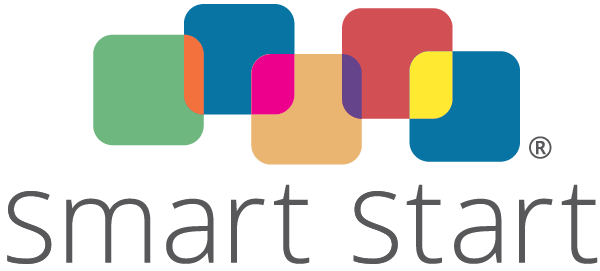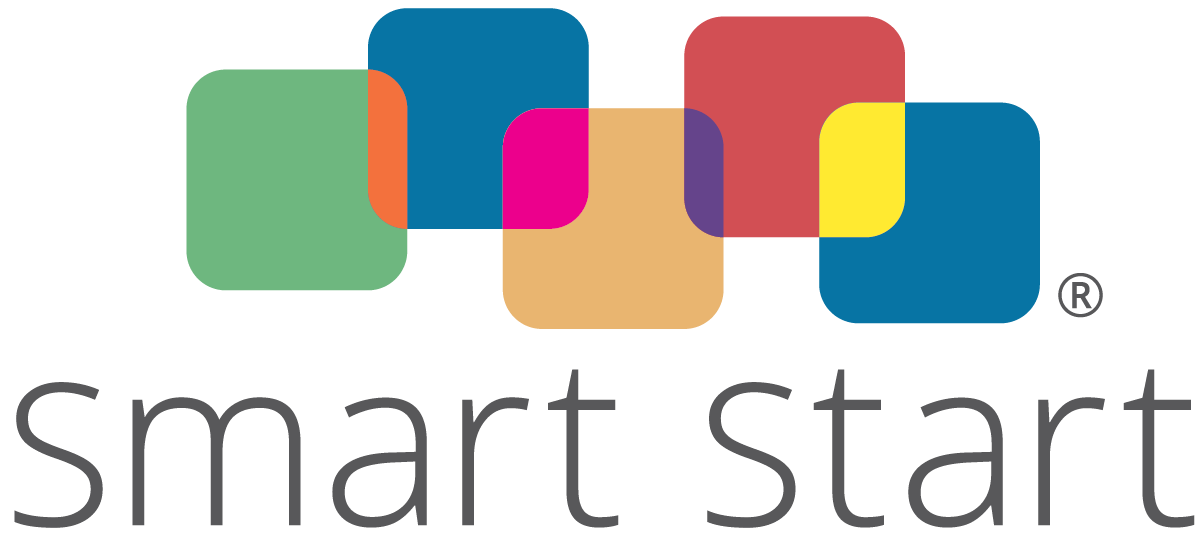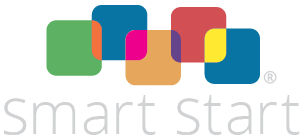North Carolina desires a system that is explicitly and measurably equitable and advances change that ensures children are not disadvantaged by race, ethnicity, and/or social class. An equity-driven approach, in systems building, programs, and services, acknowledges four levels of change: personal, interpersonal, institutional and structural. There are specific strategies and behaviors which are necessary at each level to move positive outcomes related to racial equity. Individuals and groups who are effective in relating to others not like themselves, actively include those typically excluded, share power, surface issues of racial inequality in interpersonal relationships, act to support positive change, and work to reduce interpersonal conflict. Birth-to-five entities apply a racial equity/economic justice lens to their policies, practices, regulations and work-culture to dismantle policies that perpetuate inequality and design/develop policies and practices that advance opportunities, fairness, access to resources, and other factors for those most effected by racial inequality. Investments alone will not fix the issues at hand. Policies that support equitable outcomes prioritize the needs of children and families with a history of racial, economic, or geographic marginalization. In pursuit of structural change, individuals and groups recognize that structural arrangements are interconnected and often resistant to change. They develop approaches to advance equity that offer new or reconstituted structural arrangements, and they build shared leadership and collective power that leads to change.
Related Guiding Principles: Advocacy, Accountability
Further Resources:
Advancing Equity-Driven Family Engagement for Systems Change in Early Childhood. (PDF). Early Childhood-LINC
Manifesto for Race Equity & Parent Leadership in Early Childhood Systems. (PDF). Early Childhood-LINC
Equity Starts Early: Addressing Racial Inequities in Child Care and Early Education Policy. (PDF). CLASP
Video Resource Playlist



